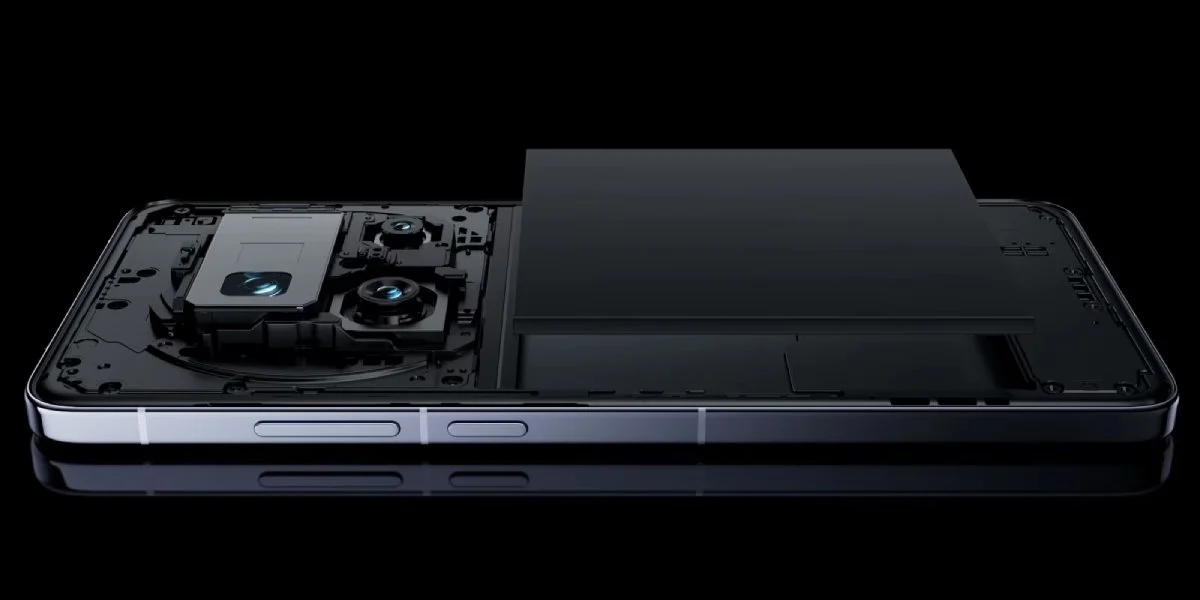As Chinese smartphone manufacturers rapidly integrate silicon-carbon battery technology to gain a competitive edge, industry giants Samsung and Apple appear to be lagging. While their competitors focus on improving battery capacity and efficiency, Apple and Samsung are instead mass-producing other energy-efficient components to compensate for increased battery consumption.
Samsung had reportedly considered adopting silicon-carbon battery technology for its upcoming Galaxy S26 series, with some sources suggesting the possibility of a 7,000mAh battery. However, recent leaks indicate that the company may not exceed a 5,500mAh capacity, leaving questions about its battery strategy.
Tipster Doubts Battery Capacity Increase for the Galaxy S26 Ultra
A well-known tipster, @PandaFlashPro, has expressed strong skepticism regarding Samsung’s ability to significantly increase battery capacity in the Galaxy S26 Ultra. Historically, Samsung’s flagship Galaxy S series has never gone beyond 5,000mAh, and according to the tipster’s sources, this trend is unlikely to change.
Despite earlier reports hinting at a major jump to 7,000mAh, the latest information suggests that the battery capacity may not even surpass 5,500mAh. Furthermore, it remains unclear whether Samsung is using silicon-carbon or lithium-polymer technology in its battery development.

The tipster has doubled down on his claims, stating that the Galaxy S26 Ultra’s battery will not only remain under 5,500mAh but will likely be around 5,396mAh. His confidence is so strong that he has promised to delete his X (formerly Twitter) account if Samsung releases the S26 Ultra with a 6,000mAh or larger battery.
While his claims add an element of intrigue to the discussion, other sources have reported that Samsung is actively working on silicon-carbon battery materials. This raises speculation about whether the company is preparing for a significant breakthrough in battery technology in future models.
Silicon-Carbon Batteries Could Offer Major Advantages
The adoption of silicon-carbon batteries could provide Samsung with several advantages, including increased battery capacity without adding extra bulk to its devices. This technology would allow Samsung to extend the runtime of its smartphones while maintaining a sleek design, which could be particularly beneficial for its flagship models.
Additionally, the improved efficiency of these batteries could pave the way for a new Galaxy S25 Edge series, combining slim form factors with extended battery life. However, the timeline for when Samsung will fully embrace this innovation remains uncertain.
While Chinese manufacturers are moving quickly toward silicon-carbon battery integration, Samsung’s approach appears more cautious. If the tipster’s claims hold true, the Galaxy S26 Ultra may not bring the battery improvements that many users hope for.
However, given Samsung’s active involvement in silicon-carbon battery research, the company may still introduce this technology in future models. Until official confirmation is provided, speculation will continue, and consumers will have to wait for further updates on Samsung’s battery advancements.



